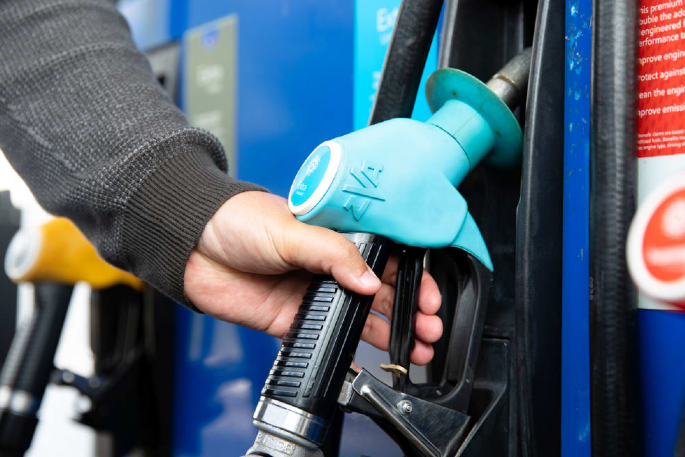Anyone considering stockpiling fuel before petrol prices jump up on Saturday might want to think twice.
You could be breaking the law, and be putting your home insurance policy at risk.
The Government cut petrol tax by 25c a litre in March 2022, as part of measures to ease the pressure of rising costs of living.
But it's all coming to an end on Saturday, when petrol taxes and road user charges (RUCs), paid mostly on diesel vehicles, return to normal levels.
This is expected to push up the price of petrol by about 29c a litre, including GST.
So filling up your vehicle's tank in the next few days is a sensible proposition, but buying more petrol than your car needs may not be a smart move.
Anyone wanting to store more than 50 litres of petrol at their property needs an HSNO (Hazardous Substances and New Organisms Act) certificate to confirm the petrol is being stored safely, the Environmental Protection Authority website says.
'A compliance certifier will visit you at your property. They will issue the HSNO certificate once they have confirmed your property meets all the legal requirements for storing more (than) 50 litres of petrol,” says the EPA.
The insurance industry also has a clear message that anyone failing to comply with fuel storage rules could invalidate their policy.
”Non-compliance with regulations for fuel storage, covering things including volume limits, use of certified containers and meeting inspection and certification requirements, will firstly put you and your whānau at risk and secondly invalidate your insurance,” says a spokesperson for the Insurance Council of New Zealand.
”It's just not worth it.”
When it comes to diesel, Waka Kotahi has warned it will be 'auditing and invoicing RUC users for excessive RUC purchases made during the discount period”.
'If you bought too much RUC at the discounted rate and haven't bought a new RUC licence by July 31, 2023, Waka Kotahi can send you an invoice to charge you the standard rate for all of the excessive RUC,” says Waka Kotahi.
So what should you do if you want to make the most of lower prices before Saturday?
The Automobile Association has advised drivers to fill up at least two or three days before Saturday to avoid potential queues, and even the possibility some petrol stations selling out.
If people want to store any fuel, they must do it in containers designed for the purpose, says AA principal policy adviser Terry Collins said.
And if anyone intends to store large amounts of anything that is potentially flammable, they need to talk to their insurance company as it will change the risk profile of the property.



0 comments
Leave a Comment
You must be logged in to make a comment.